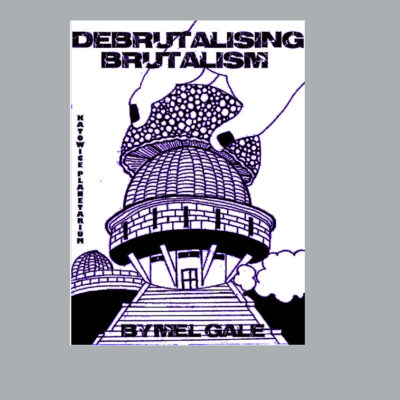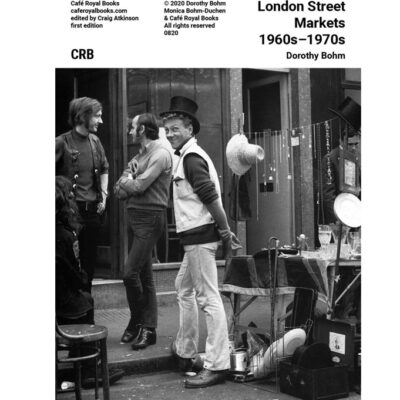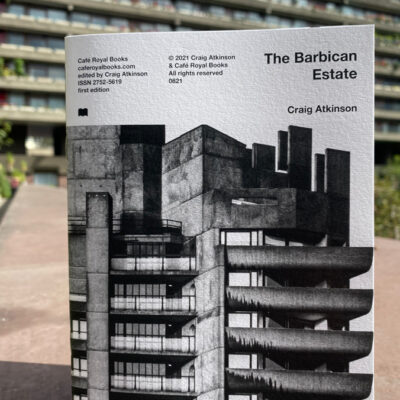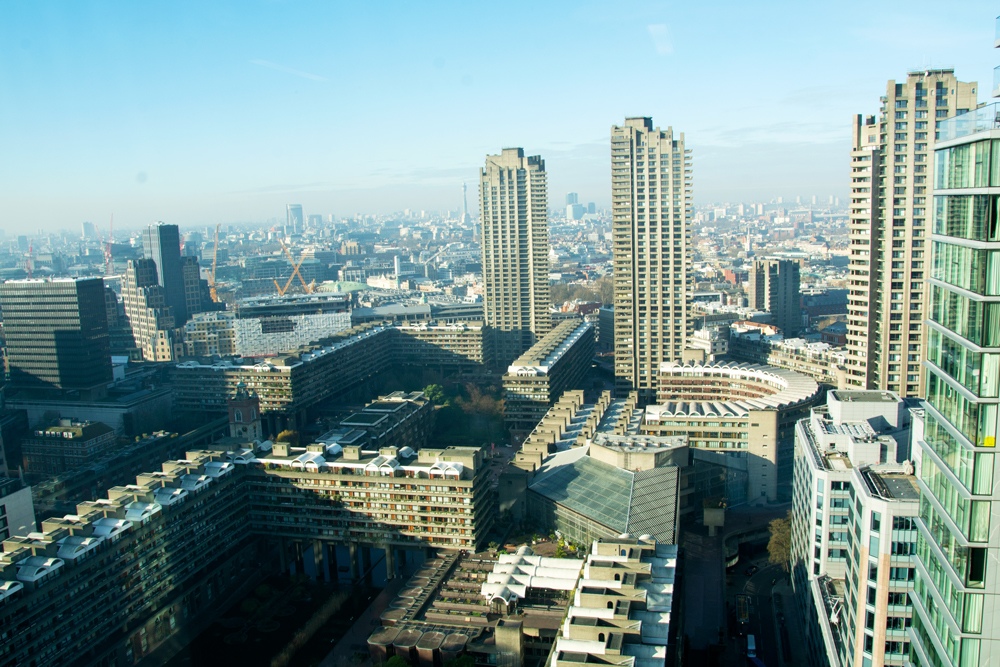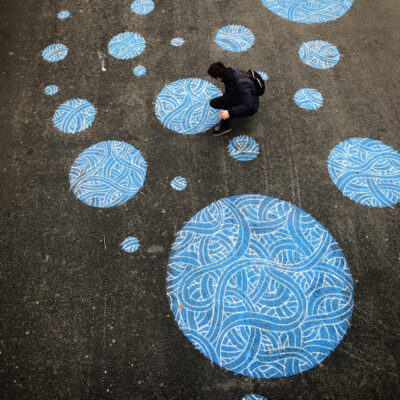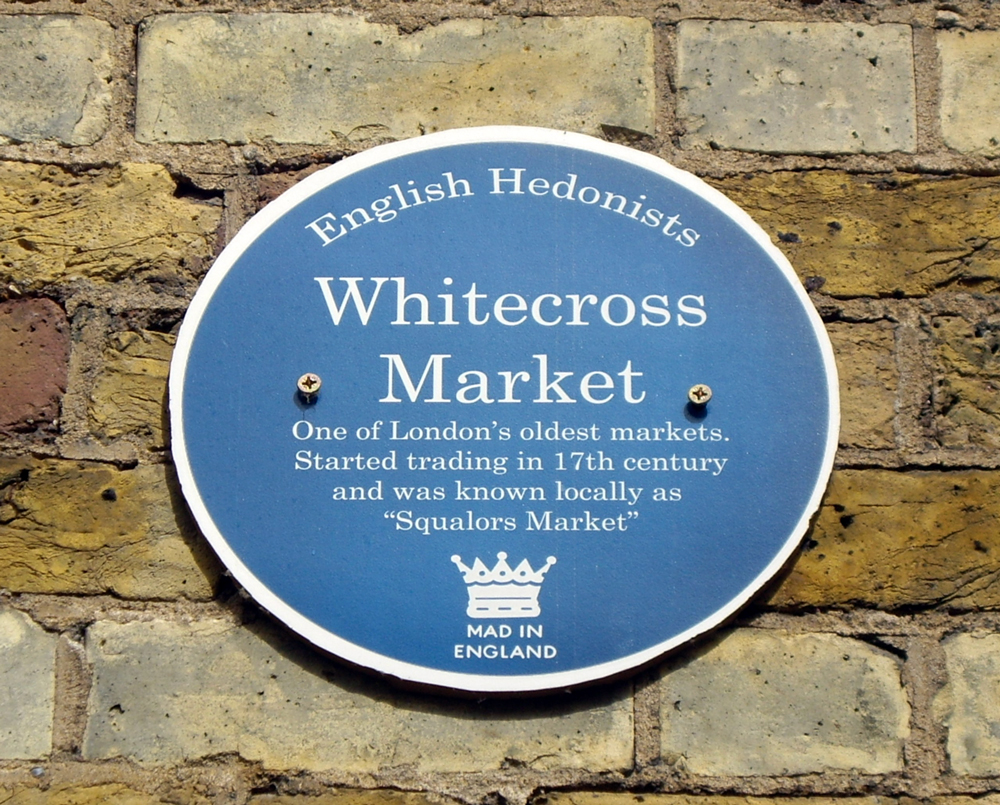
Whitecross Street, London
A street is steeped in London history. It’s named for a 15th Century white cross sitting between the Barbican and Old Street. Whitecross Street is home to one of the city’s oldest markets, which remains to this day a vibrant weekday foodie scene. Its origins were in a frowned upon 17th Century Sunday Market – trading on the sabbath, entirely against church doctrine, obviously, the crowd who frequented it and the street’s bawdy pubs were generally considered a bad lot. But clearly, the people loved it and the market has survived all these centuries
Today we think of theatre as a place of high art but in the Elizabethan era, it was the most popular form of entertainment. The Fortune Theatre, built in 1600 and closed a little over 40 years later by the Puritan Parliament in 1642, decreed all theatres should close, was on the street.
Whitecross Street was considered a suitable location for a prison and Whitecross Street Debtors’ Jail operated from 1815 – 1840 as a sort of overflow from the infamous Newgate Prison which sat within the historic City of London near the Old Bailey, Central Criminal Court. It is no surprise that cheek by jowl with the location of the former prison, people lived in extreme poverty, which made it a target area for social reformer George Peabody. The Peabody Estate or The Peabody Donation Fund as it was known in 1862, a charitable organisation founded by the American-born Londoner, focused its attention on the street and addressing acute housing problems built a series of dwellings more than 150 years ago. They still have a significant presence in the street.
Whitecross Street is squeezed between the Barbican Estate, which scooped up the southern end of the street renaming it Silk Street, and the creeping gentrification of the Islington side of the street.
Image John Levin CC BY SA 2.0





